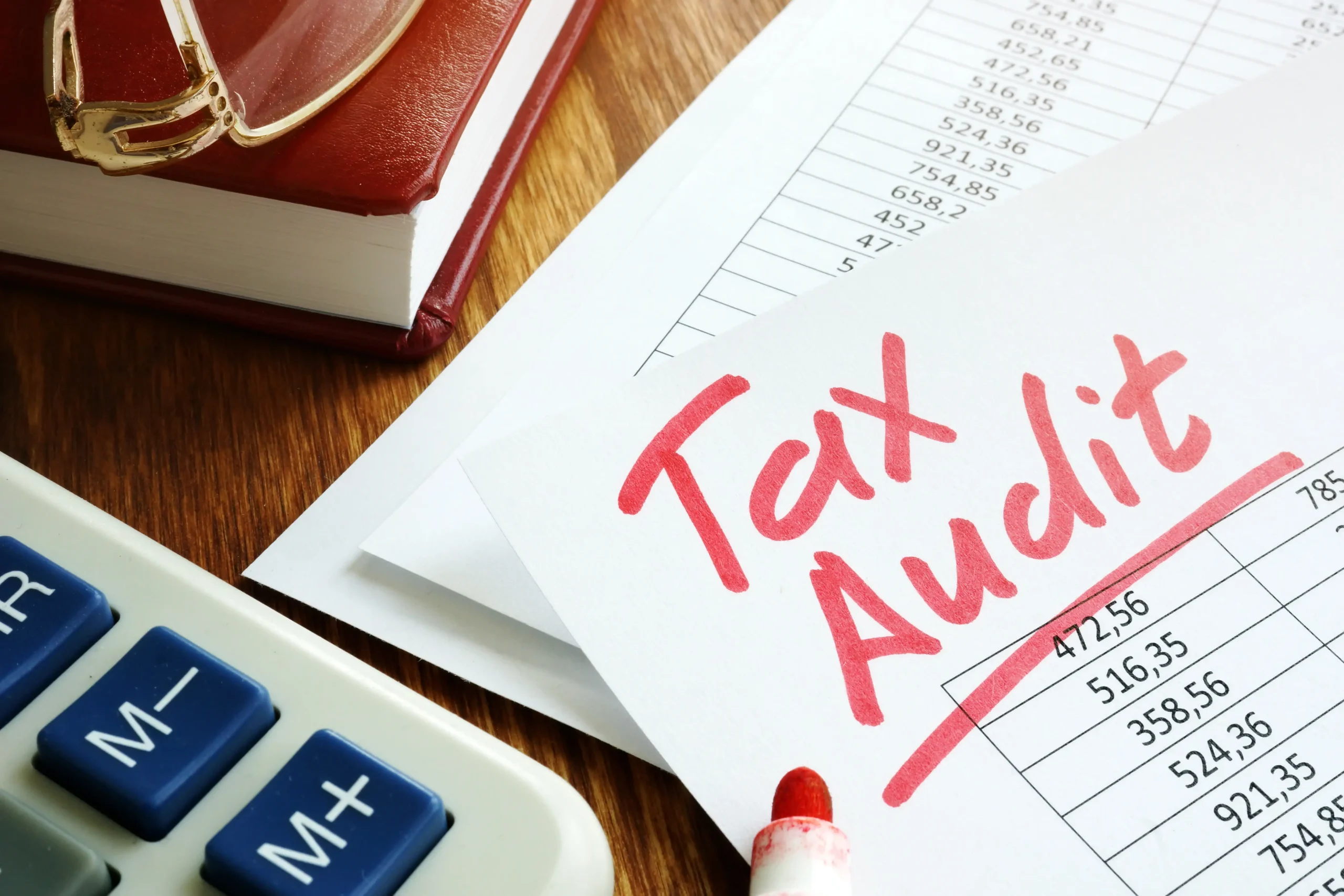Income Tax and Sales Tax Audit
Home / Our Services / Income Tax and Sales Tax Audit

Income Tax and Sales Tax Audit
An audit is a thorough examination and verification of an individual or organization’s financial records, usually by an independent professional. In the case of income tax and sales tax audits, they are conducted by government tax authorities to verify the accuracy of the reported income and taxable transactions. They also aim to identify any unreported or underreported income or taxes and potential fraud or evasion.
We can help you with your income tax or sales tax audit needs!
Who Is Subject To An Income Tax or Sales Tax Audit?
Any individual or organization required to pay income or sales tax can be subject to an audit by government tax authorities. This includes individuals, small businesses, corporations, partnerships, and other entities. Audits can be conducted randomly, based on specific criteria or triggers, or as a result of a tax investigation.


How Can We Help You Prepare for an Income Tax and Sales Tax Audit?
Being selected for an income tax or sales tax audit can be stressful and time-consuming, especially if you are not well-prepared. Our experienced professionals can assist you in gathering and organizing all of the necessary records and documents to ensure a smooth and efficient audit process.
We can also guide you on properly reporting your income and taxable transactions to avoid any discrepancies or potential issues during an audit. Additionally, we can review your past tax returns to identify any potential red flags and make corrections if necessary.
What Are The Consequences Of An Income Tax And Sales Tax Audit?
If an income tax or sales tax audit reveals errors or discrepancies in your reported income or taxes, there may be serious consequences. These may include additional taxes, penalties, and interest charges. In some cases, an audit may also lead to criminal charges for tax evasion or fraud.
Therefore, it is crucial to ensure the accuracy of your tax returns and be well-prepared for any potential audits. Our team can help you mitigate the risks of an audit and ensure compliance with all tax regulations to avoid any negative consequences.


What Is the Process of an Income Tax And Sales Tax Audit?
The process of an income tax and sales tax audit typically involves the following steps:
- Notification: The taxpayer will receive a notification from the tax authority stating that they have been selected for an audit.
- Preparation: The taxpayer must gather and organize all relevant financial records, such as income statements, receipts, and invoices.
- On-site audit: An auditor will visit the taxpayer’s business or residence to conduct an on-site examination of their financial records.
- Interviews: The auditor may request interviews with the taxpayer or other individuals involved in the taxed activities to gather additional information.
- Findings: Based on the examination and interviews, the auditor will determine if there are any discrepancies or non-compliance issues.
- Notification of Results: The taxpayer will receive a written report outlining the findings and any proposed adjustments to their tax liability.
- Appeal Process: If the taxpayer disagrees with the findings, they can appeal and provide evidence to support their position.
How Long Does an Income Tax And Sales Tax Audit Take?
The duration of an income tax and sales tax audit can vary depending on the complexity of the taxpayer’s financial records and the auditor’s findings. Sometimes, it can take months or even years to complete an audit.


What Are Some Common Triggers for an Income Tax And Sales Tax Audit?
There are several common triggers for an income tax and sales tax audit, including:
- Discrepancies in Reported Income: If significant differences exist between the income reported on the taxpayer’s return and their financial records, it may raise red flags.
- High Deductions or Exemptions: Claiming excessive deductions or exemptions can also trigger an audit.
- Unreported Income: Failure to report all sources of income can also result in an audit.
- Random Selection: In some cases, taxpayers may be selected for an audit at random by the tax authority.
- Industry-Specific Audits: Certain industries, such as cash-based businesses or high-risk industries, may be more likely to be audited.
- Past Audit History: If a taxpayer has been audited and had issues with compliance, they may be more likely to be audited again.
- Whistleblower Tips: The tax authority may receive tips from whistleblowers or informants about potential non-compliance by a taxpayer, which could lead to an audit.
Overall, taxpayers must maintain accurate and thorough records to avoid triggering an income tax and sales tax audit.
Whether or not a taxpayer is selected for an audit, it is crucial to comply with all tax laws and regulations. This includes accurately reporting income, claiming reasonable deductions and exemptions, and keeping thorough records.
Why Choose Us for Your Income Tax & Sales Tax Audit Needs?
At Shoro & Shoro Advocates and Tax Consultants, we are dedicated to providing taxpayers with resources and guidance to help them navigate the complex world of taxes.
Contact us to learn more about how we can help you ensure you are tax-compliant and minimize the risk of an audit.


